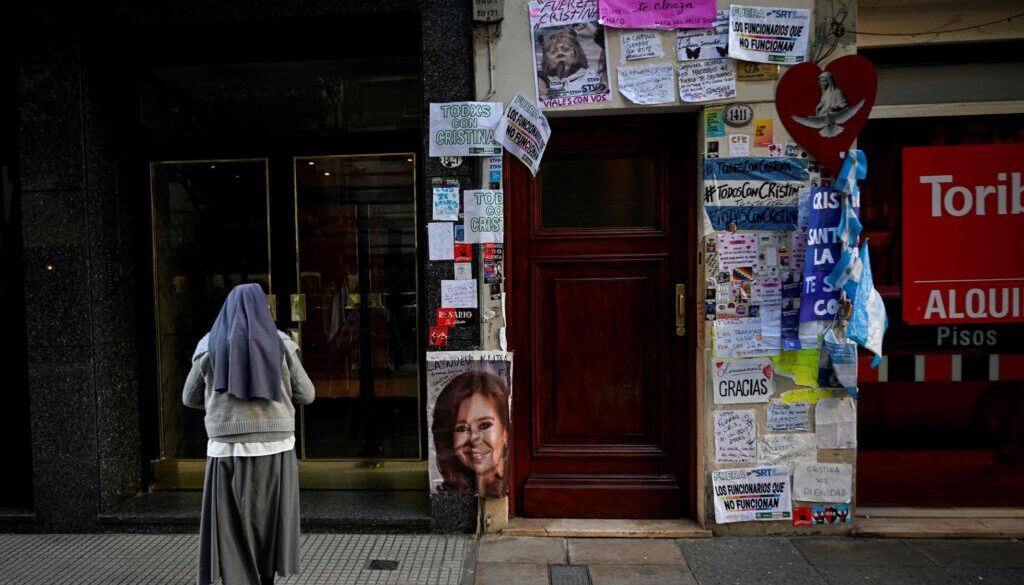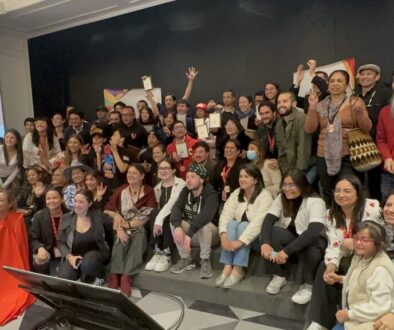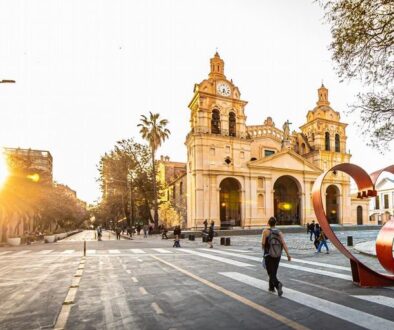For the revolution of encounter
The assassination attempt on Argentina’s vice-president is not an isolated incident. It is yet another episode in the growing political violence in which Latin America is trapped. The only way out of this trap is a revolution, one that seeks to rebuild the social fabric.
We should not be surprised by the statement that we came out of the pandemic worse. Latin America is the region that suffered the most deaths per million inhabitants and the deepest economic crisis. We are poorer, more unequal, more violent and less democratic than we were a decade ago. Worst of all, there seems to be no clear way out.
This is why the region needs a revolution. According to the Oxford dictionary, a revolution is a “sudden change in the social, economic or moral sphere of a society”. But of course, we cannot afford just any revolution; there is no room for more violence in a world plagued by conflict. In other words, it is a drastic, massive and peaceful departure from the status quo.
The status quo today is the extreme fragility of the social fabric. On the one hand, we have a political system that does little to challenge its citizens. Growing social disaffection with politics means that democracies have the lowest levels of satisfaction in decades, with weak and increasingly polarised political options. In recent years, we have also seen the return of coups d’état in Bolivia, Brazil and Honduras, now without the military, and the naturalised assassination of hundreds of social leaders in Nicaragua, Colombia, Mexico and Brazil. The attempted assassination of Cristina Fernández de Kirchner is just one more episode in this chain.
At the same time, we live in a predatory capitalism that allows the capital of the richest to multiply while multiplying poverty. This system is supported by a culture of libertarian entrepreneurship that legitimises fortunes made in less than a generation, so large that they allow CEOs to send ships into space, who, at the same time, fiercely resist the unionisation of their employees who fight for a minimum wage.
We are also permanently connected by social networks that inject social confrontation with steroids. Twitter and Meta algorithms trigger and encourage the viralisation of confusion, confrontation and hatred. A fake news story is four times more likely to be shared on WhatsApp than a real one, and hateful and confrontational messages are almost twice as likely to receive likes. Studies have shown that Twitter’s algorithm promotes parochial sharing and makes the violent visible.
The consequences in our societies are enormous. Parallel to frustration, anger and hatred, Latinobarómetro surveys have detected profound changes in our culture. Today we have more anomic, parochial and fractured societies. The sense of “community” is weaker, with worrying levels of individualism. Especially in our youth, there is greater disdain for the collective, less trust in “the other” and an attachment to smaller, more homogeneous circles.
That is why today what is revolutionary is the encounter. It is not easy, it means breaking inertia and resisting the economic, communicational and political incentives towards individualism and confrontation.
I propose three simple exercises, even if we have forgotten these practices, for anyone working in public affairs. The first is the revolutionary work of recovering the sense of politics as negotiation, compromise, agreement and compromise between divergent interests. Democratic politics is not a zero-sum game. The second radical change I propose is to go back to finding the common ground with the adversary, what makes us part of a community, and what makes dialogue possible. From there, we can dispute differences. The third exercise is to discuss policies (more or less taxation, public or private) and to avoid the debate being about people.
This is a small task that requires leadership that is up to the task. If we can accomplish these small exercises, I believe that this is where we can begin the revolution of rebuilding the social fabric.
By Matías Bianchi, Executive Director at Asuntos del Sur.
This article was originally published in Spanish by El País on 6 September 2022.




